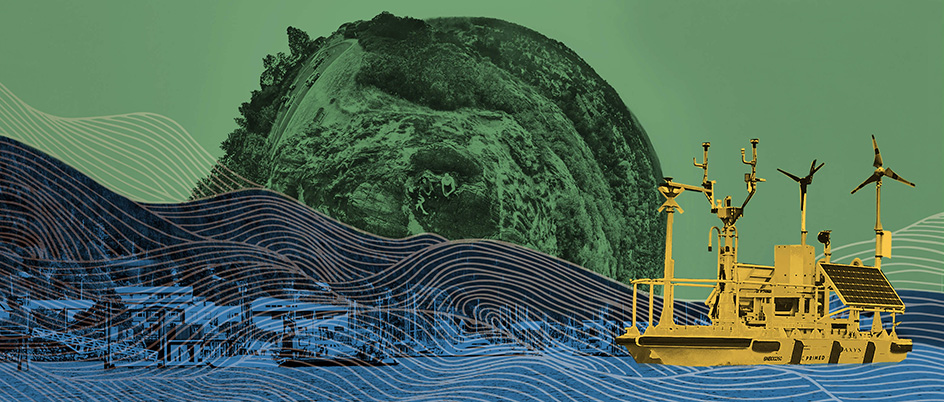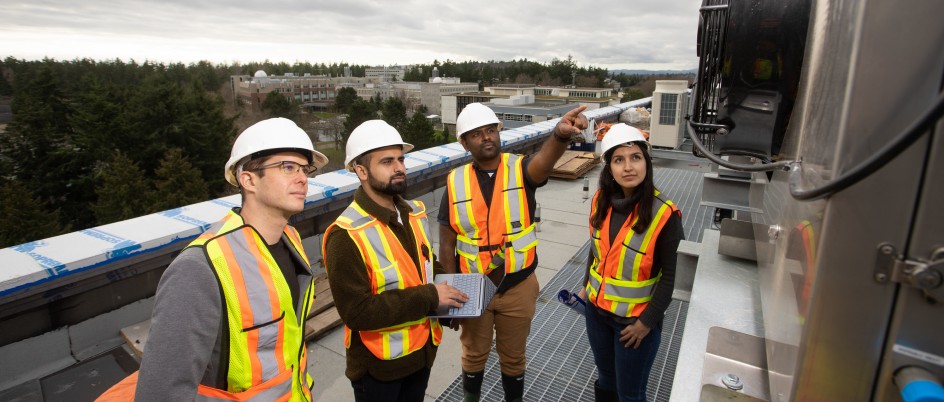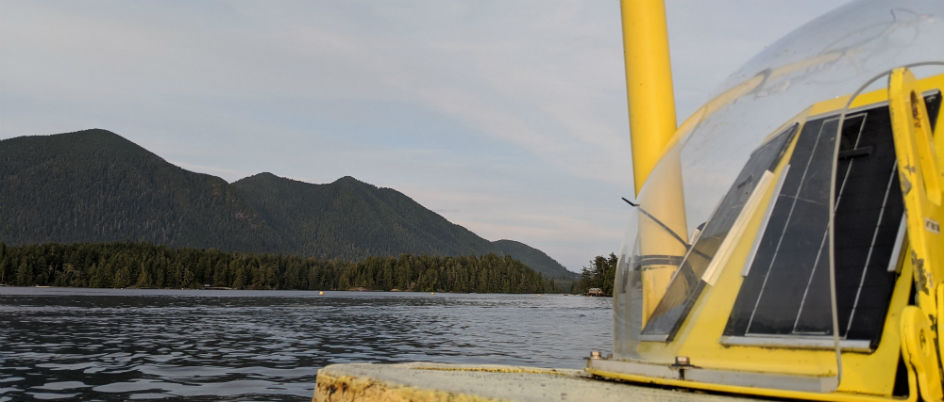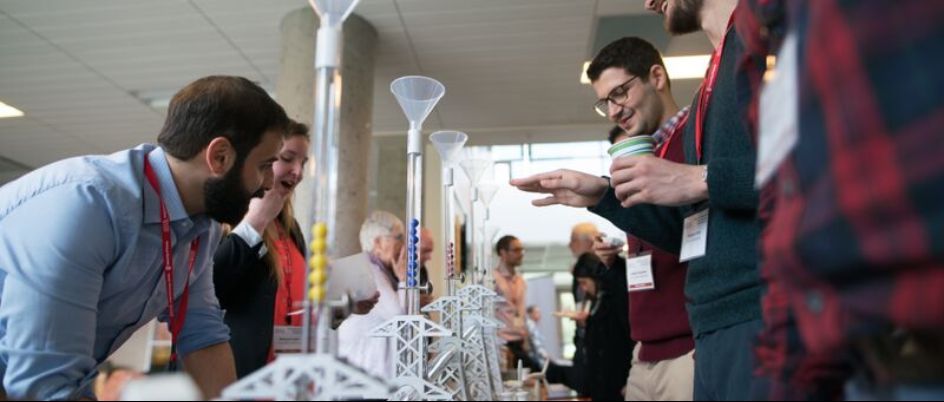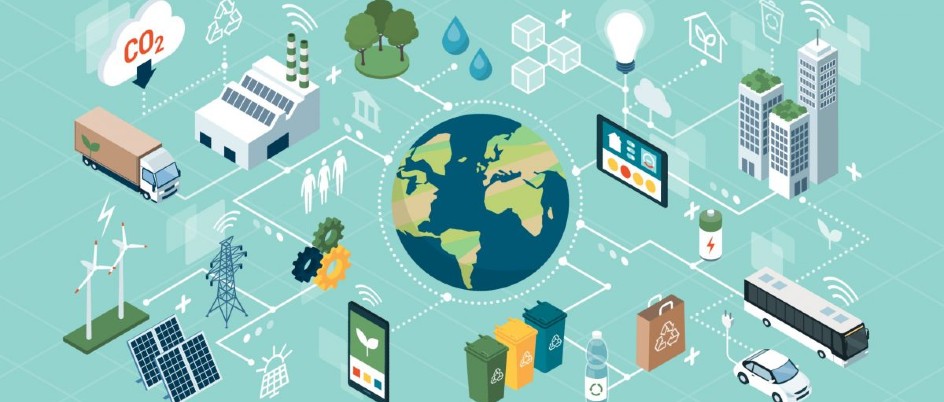Institute for Integrated Energy Systems
One of the greatest challenges we face is the development of sustainable energy systems that are reliable, cost-effective and socially acceptable. Our mission is to chart feasible pathways to sustainable energy systems through the development of new technologies, processes, and systems.
A big picture approach
The Institute for Integrated Energy Systems (IESVic) was formed in 1989 by researchers in energy technology and systems analysis to develop high-quality, affordable, and environmentally compatible energy systems. IESVic became an interdisciplinary research centre in 1994 with a targeted research program on hydrogen and fuel cell technologies, technoeconomics of energy systems, and transportation. Today, the Institute's work involves strategic clean technologies, electrification and system integration, built environment, energy-economy-policy modeling, and integrated planning for water-energy-land systems. IESVic provides leadership at the University of Victoria in the study of critical energy issues, human dimensions of energy, education and training, and works closely with industry, not-for-profits, and government.
IESVic acknowledges with respect the Lekwungen peoples on whose traditional territory the university stands and the Songhees, Esquimalt and WSÁNEĆ peoples whose historical relationships with the land continue to this day.

